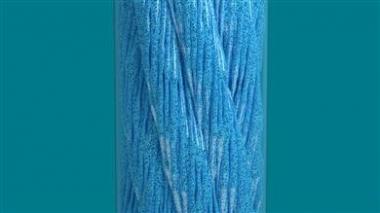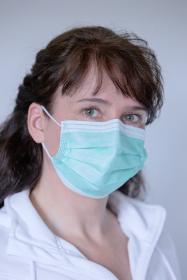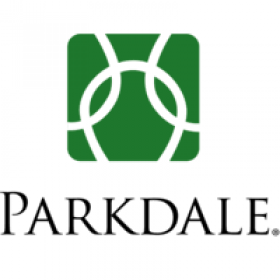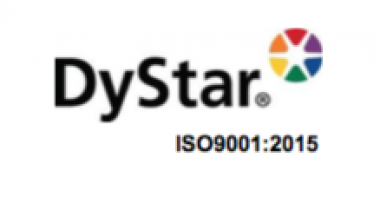Biden Administration Awards $6.5M Contract to US Cotton LLC
- Ramping Up Production of American-Made Polyester Tipped Swabs
The Biden Administration has awarded a contract for $6.5 million to U.S. Cotton LLC, the largest manufacturer of cotton swabs in the United States, to increase domestic production capability for polyester tipped swabs for home testing kits and mass testing applications to fight the COVID-19 pandemic. Since the beginning of the pandemic, U.S. Cotton has retooled operations to produce over 400 million COVID testing kit swabs.
The Department of Defense (DOD), in coordination with the Department of Health and Human Services (HHS), announced the award today as part of the administration’s broader effort to increase domestic production capability for essential medical supplies.
U.S. Cotton, based in Cleveland, Ohio, said the company will increase its production capacity from 92 million polyester swab tips per month to approximately 371 million polyester swab tips per month by May 2022 to support domestic COVID-19 testing. The DOD contract award was funded through the American Rescue Plan Act (ARPA) to support the domestic industry base expansion for critical medical resources.
John Nims, President of U.S. Cotton said, “We are proud to be involved in a national effort to help deploy these testing kit swabs for the American people. These swabs are designed to make it easier for people at home to self-administer coronavirus tests and will also be used for mass testing applications, which is critically important. We greatly appreciate the collaboration with DOD and HHS to ramp up essential capacity of polyester-based synthetic swabs that will help in the fight against the pandemic.
“We continue to step up to meet our nation’s critical need for American-made coronavirus testing kit swabs on a massive scale. It is an honor to work with our government to help fight this pandemic and use our innovative technologies based here in the United States to fill a national and global demand for testing kits. I especially want to thank Senator Brown and Senator Portman for all their incredible support to help us retool and expand our operations in Cleveland. We can’t thank them enough for their tireless work and also want to recognize their hard working staff. As the Delta variant surges across the country, this timely investment will help in the fight against COVID by adding this much-needed, long-term surge capacity.”
Kim Glas, President and CEO of NCTO, said, “We want to sincerely thank President Biden, the Department of Defense, and the Department of Health and Human Services for leading this critical industrial expansion effort. We appreciate the administration’s commitment to expand the U.S. industrial base for these essential products. We have a once-in-a-generation opportunity to onshore these critical supply chains long-term and we look forward to working with the administration and Congress to advance long-term solutions.”
NCTO


































